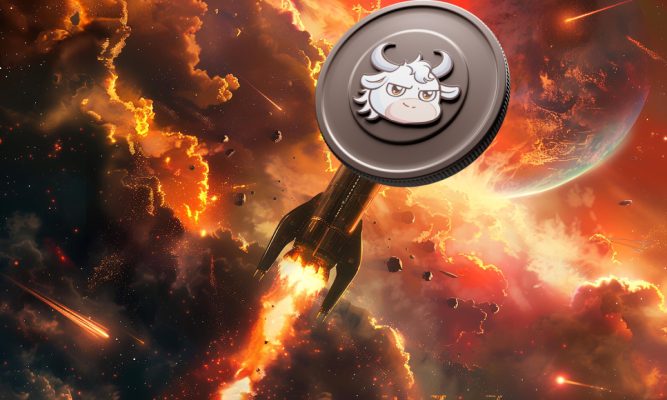Cryptocurrencies present a lot of different features when compared to their fiat predecessors. But what about futures contracts? What are the main differences that set apart cryptocurrency futures from traditional futures contracts?
In today’s article, we will discuss these subtle differences as well as their similarities and how they affect the way you might invest in a crypto future compared to a traditional future contract.
What are Futures Contracts?
A futures contract is an arrangement between two parties that have settled to buy or sell a particular currency, commodity or financial asset at a pre-established price at a defined time in the future. In futures trading, both parties will have certain rights and obligations according to what is stipulated in the contract. The buyer of a futures contract is obligated to buy the underlying asset when the futures contract reaches its expiration date. In turn, the seller of the futures contract is obligated to provide the underlying asset at the expiration date.
The first exchange to ever offer the possibility of trading with crypto futures contracts was OKCoin. The option initially emerged to offer hedge risk management for Bitcoin miners, with the selection then extending to other cryptocurrencies and investors.
The ultimate aim of using futures contracts is to protect investors from the risk of the negative consequences of price fluctuations. The leverage offered by an exchange differs from product to product.
Leverage is established by the Initial Margin and Maintenance Margin levels. To be able to enter and maintain positions, investors must hold a minimum amount of a specific equity.
What Are the Similarities?
Both crypto and traditional futures are established on an underlying asset. For example, a Bitcoin future will be linked to the trading price of Bitcoin. The same principle applies to any future, be it a stock, commodity or currency. But determining the value for more niche cryptocurrencies is different than determining the price for oil or gold.
Both of them use leverage, meaning that you do not have to own the entire amount of capital to take on a particular position. Leverage can be used to maximize capital efficacy, enabling traders to take on bigger positions or to distribute capital across more positions.
Crypto and traditional futures have the same purpose of managing risk and enabling traders to engage in market speculation. Futures can help investors secure the value of a position that they actually hold, whether it’s a stock or ETH, at a relatively low price. If the trader believes that the price of a crypto coin will drop at some point, futures enable them to sell or buy before or after this will happen.
What Are the Differences?
Most of the dissimilarities between crypto and traditional futures come from the fact that the cryptocurrency markets have been established just a few years ago.
Because cryptocurrencies have been in the trading game for two years or so, there is far less historical price data which traders can use. This makes matters more difficult when it comes to running analysis on pricing trends, correlating between prices and other macroeconomic indicators, etc. Furthermore, many cryptocurrencies that target a specific niche are particularly sensitive to market changes because their trading volume is low. As a result, pricing patterns cannot be identified that easily.

Cryptocurrency markets have faced far greater volatility in the past year alone than what most traditional markets have seen in a few years. Though there are many underlying factors to consider, as newer markets have a tendency of being more volatile as they begin to stabilize.
When it comes to the collateral asset required, there is also a difference. Almost all traditional future involves a fiat, hard or financial assets as collateral. For crypto holders to be able to access traditional futures, they must first convert their assets into fiat, then post them as collateral.
The opposite also applies in some way, with many crypto exchanges accepting cryptocurrency only as collateral. Those that do accept fiat postings have a difficult task of keeping a balance between volatile crypto markets and fiat collateral. The wild price swings in cryptos can determine traders who post collateral in fiat to have to react to sudden and unanticipated margin calls.
Volatility also strengthens the use for futures in an investment portfolio. When set up in the proper manner, these contracts can help keep the value of crypto asset protected from market frictions and generate new investment opportunities.
Taking into consideration that cryptocurrency futures are much newer than their traditional equivalents, investors will have fewer resources to implement in their trading strategies. This doesn’t mean that trading crypto futures will be more difficult, it just means that investors will have to take on a more cautious and diligent approach.
Final Thoughts
In spite of their differences, both types of futures contracts have their purposes. In the traditional markets we have seen it being used as an investment tool many times, but for the crypto market, it is just in its incipient phase. Investors from both worlds are waiting to see what is next in the future of crypto futures.


